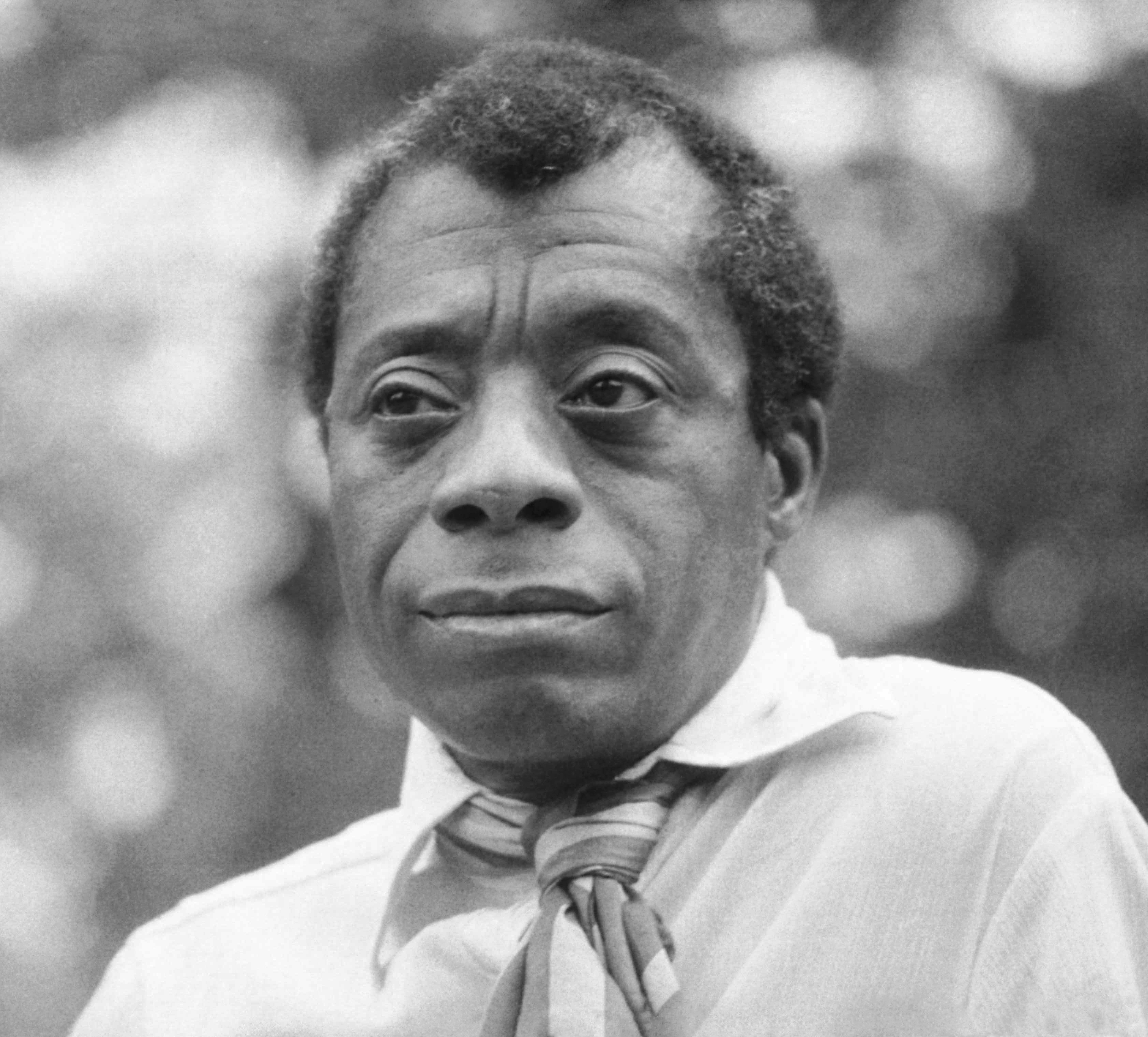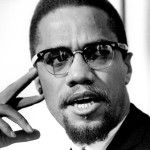by Eleanor Pritchett (Arts & Culture Editor)
I had trouble finding a seat at the Whitney Humanities Center’s screening of The Price of the Ticket (1989) on Thursday, the room was so comfortably full. Yale students, professors, and New Haveners alike filled the WHC auditorium for the screening of the dynamic biographical documentary about author and Civil Rights activist James Baldwin, filmed in the two years following his death in 1987.
This was the second event of the semester in the Franke Lectures in the Humanities series, which is paired every year with a class in the humanities to host free and public lectures and screenings. This year’s Franke Seminar is James Baldwin’s American Scene, taught by Professor in English and chair of the African American Studies department Jacqueline Goldsby.
Between two bookends giving the audience a view of his funeral, The Price of the Ticket showcases Baldwin’s life from birth to death by way of film, readings, and artworks from throughout his life, and interviews with friends and family members from every stage and locality in the story.
From his beginnings in Harlem in 1924, Baldwin’s life was a tumultuous one. His father was a preacher and a strong, terrifying force in his life, which pushed him into the pulpit and later moved him to rebel as a writer. By the time he was a teenager, Baldwin knew he wanted to write, and when he left home, he left it almost permanently.
The film follows Baldwin’s flights out of America and back into it—out to write and to live, in to fix and to teach. He became a prominent figure in the Civil Rights Movement of the 1950s and 60s, – participating in marches and doing studies on the ground in the South – but was of course best known for his writing, and for his media appearances, which left the producers of The Price of the Ticket a wealth of footage to mine for information.
Through extensive use of interviews and film, The Price of the Ticket brings James Baldwin to life on screen, from his highs to his lows, from his hope to his anger to his near despair over the state of the country.
The screening was followed by a lighthearted discussion between Professor Goldsby and producer Karen Thorsen, which covered topics ranging from Baldwin’s feminism to Thorsen’s own experience meeting the author. Most entertaining were Thorsen’s stories about the making of the film, and her interactions with the various players in Baldwin’s life as she pieced it together.
The day Baldwin died, Thorsen told the audience, it came as a shock to her, since she was supposed to be working on a project with him and he hadn’t told her anything about his failing health. After taking some time to grieve, she collected her mail, only to find a letter from Baldwin himself dated the previous week telling her that due to reasons of health, he wouldn’t be able to participate in the project—with a handwritten note under the dictated type reading, “for the time being.” Thorsen said this note was what inspired her to take her project in a new direction, eulogizing Baldwin through her film.
Goldsby and Thorsen both emphasized the relevance of Baldwin’s life and work to this tumultuous time in Black history. “If he were here today,” Thorsen mused in her introduction, “he wouldn’t sound much different than he does in the film.” In fact, much of Baldwin’s work appears completely timeless: in one clip, he rails against a white liberal interviewer, saying he’s nearly sixty years old and he won’t live many more years —“How much time do you want for your progress?” he spits. Thirty years after that interview, my generation of Black Americans is told to wait a little longer.
The Franke Lectures in the Humanities will continue with this series of events throughout the semester:
Thursday, October 13, 5:30pm
Ed Pavlić, University of Georgia
“The Whole Body of the Sound: Listening to Jimmy Baldwin Listening”
Tuesday, October 18, 5:30pm
Rich Blint, Pratt Institute
“The Devil Finds Work: James Baldwin on American Cinema”
Tuesday, October 25, 5:30pm
Magda Zaborowska, University of Michigan
“Erasure, Overlay, Manipulation: James Baldwin’s Queer Dwellings”
Tuesday, December 6, 5:30pm
Christopher Lebron, Yale University
“Why Does James Baldwin Love You?”


